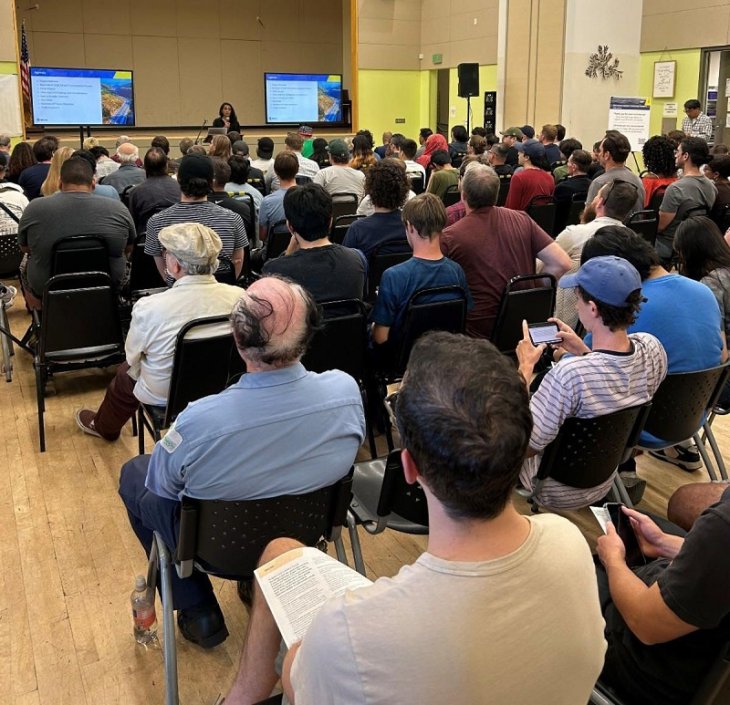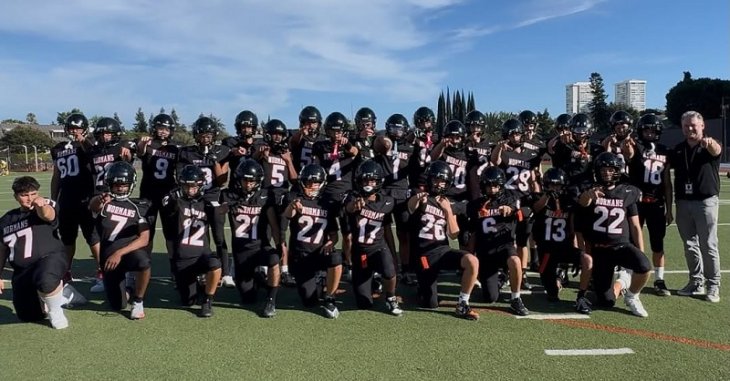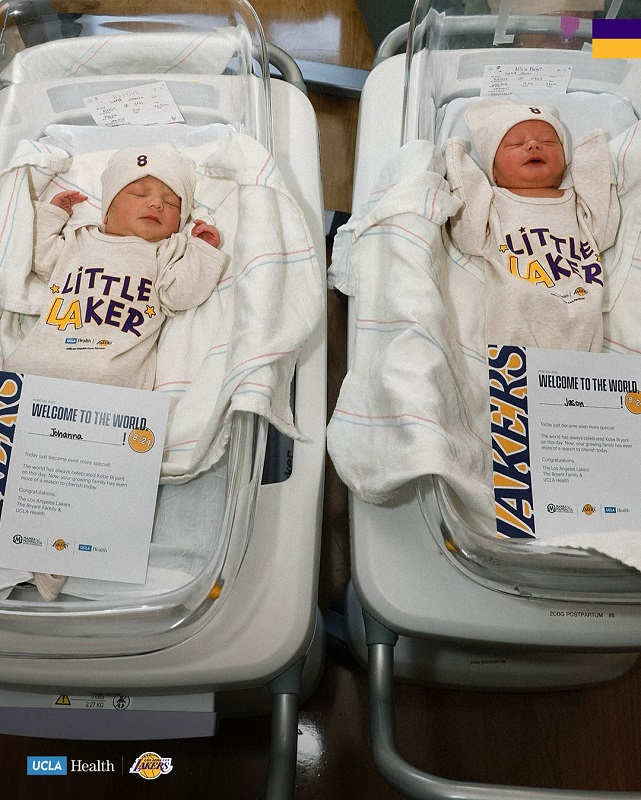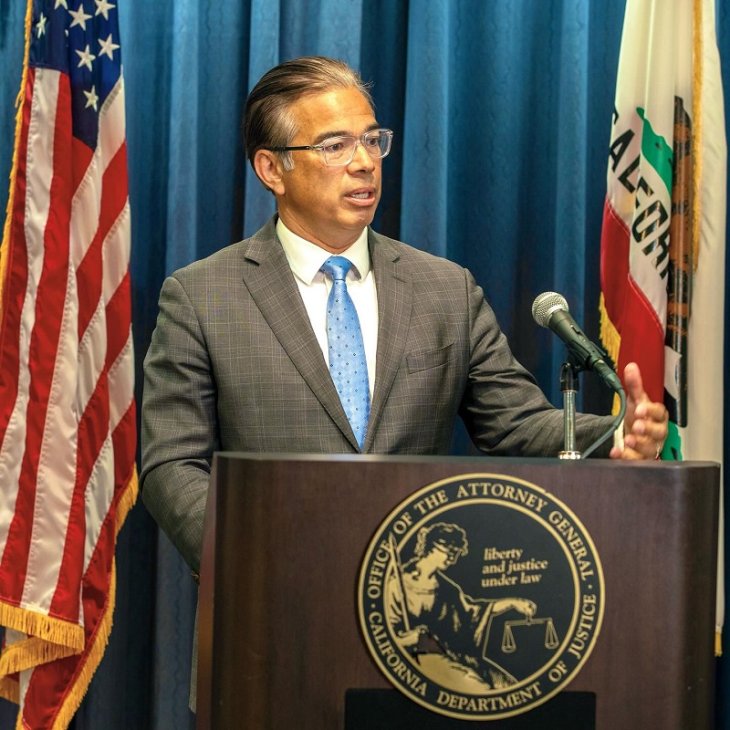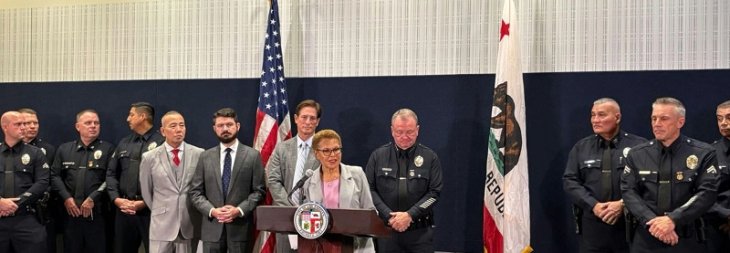“Good Girls Revolt,” a drama inspired by the landmark sexual discrimination cases by young female researchers at Newsweek in 1970, begins streaming all 10 of its first-season episodes Friday on Amazon Prime Video.
Its period setting has prompted comparisons to the 1960s advertising drama “Mad Men,” but Dana Calvo, who developed the series and wrote the first episode, said “Good Girls Revolt” “has a female voice that I haven’t seen anywhere else on television.”
Erin Darke, who stars with Anna Camp and Genevieve Angelson as researchers at News of the Week who seek to become reporters, said while “even in the funny parts, there was always a seriousness to `Mad Men.’ Good Girls Revolt,” which is also “definitely serious,” is “also not afraid to have fun.”
While “Good Girls Revolt” is inspired by a true story, all but two of the characters are “figments of my imagination and all their storylines are completely fictitious,” Calvo said at the Television Critics Association Summer Press Tour.
The exceptions are Eleanor Holmes Norton (Joy Bryant), the researchers’ attorney, now the District of Columbia’s delegate in the House of Representatives, and writer Nora Ephron (Grace Gummer).
Scenes on Norton’s personal life were fictional, Calvo said.
“We want to show this human side of a pregnant African-American woman in her late 20s, with a high-stakes case,” Calvo said.
“She said something to me that was just so moving. She said, `I’m a very powerful woman. Some people even say I’m angry, but every woman has a soft side, and I’d love you to show that.’ And it was just so empowering and lovely, so we did.”
The pilot episode was inspired by cases chronicled in the 2012 book “The Good Girls Revolt,” by Lynn Povich, one of the plaintiffs in the case against Newsweek.
Executive producer Lynda Obst, who has a production deal with Sony Pictures TV, said she was given the book by an executive with its TriStar Television unit, in the hopes that she knew Povich, which she did.
Povich had initially resisted selling the dramatic rights to the book “because, as a journalist, she was very suspicious of the various ways in which it could be distorted, as both a movie and a television show,” Obst said.
“She didn’t 100 percent want to do a documentary, because she didn’t want to invade the lives of her colleagues, and she didn’t want to fictionalize it entirely, because she thought it might be distorted into some kind of exploitation film,” said Obst, who has produced such films as “Sleepless in Seattle,” “The Fisher King” and “Interstellar.”
Obst then embarked on what she described as a six-month campaign to convince Povich of her “ardency, and a purity of my intentions.”
A “complicated legal dance” then followed and Calvo, a former Los Angeles Times reporter, was hired, “which really made her feel great, because Dana too was a journalist,” Obst said.
“That made her feel `OK, now we’ve basically started this team with a bunch of journalists, who are not going to make the newsroom like Sodom and Gomorrah,’ which I think was her fear.”
Povich, credited as a consulting producer, was sent copies of the scripts.
“We’ll have some big sex scene or some scene, where a woman is like pleasuring herself, and Lynn will email me back, `Wow, things are really heating up,” Calvo said.




